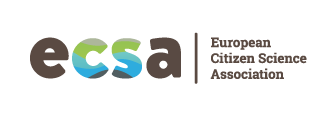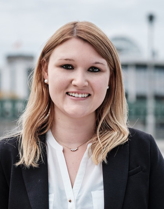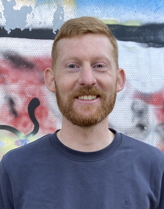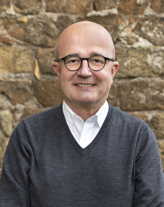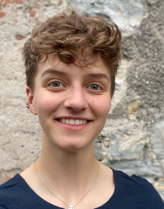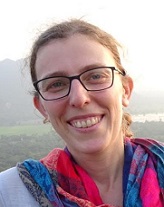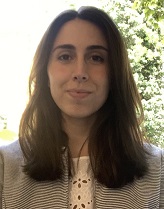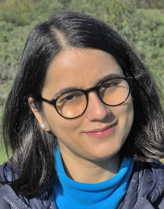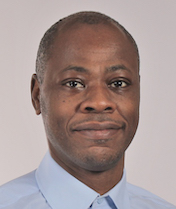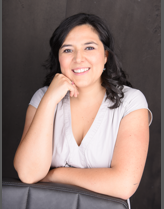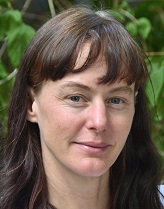Why RAISE-CS
Encouraging interest in science for youth is vital to address the shortage of scientific vocations in Europe. School science attitudes tend to be positive in primary school but decline through secondary school education. There is a mismatch between the school science curriculum and the scientific issues of interest to young people. While the experiments designed for school labs provide an excellent introduction to the scientific method’s foundations, they hardly offer opportunities to understand all the scientific research steps truly. We would like to change that and suggest that citizen science is a powerful tool to foster wider participation in science.
What are the main existing barriers?
The main barriers for the implementation of citizen science projects that involve the teachers and their pupils in all the phases of a scientific study are:
- The unfounded concerns raised by the scientific community about the quality of the obtained data and results.
- Most teachers have never participated in scientific investigations. It is therefore challenging for them to approach scientists for co-designing a scientific research project.
- Curriculum constraints.
ECSA activities and milestones
What are our aims?
The RAISE-CS project will tackle the issues and needs mentioned above in the frame of the relatively recent research field
of microplastic pollution that is causing global ecological and human health concerns. The overall goal of the RAISE-CS project is twofold:
- To lay the groundwork for implementing an EU-wide citizen science programme run in a robust and harmonised manner by secondary schools, and;
- To root citizen science in the European reference framework of key competences for lifelong learning with the view to integrating this practice in secondary schools curricula and use the sailboat as a motivation factor and a tool to develop interpersonal and soft skills
To reach this goal, we have set the following specific objectives :
- To demonstrate that secondary schools can generate reliable and useful data and knowledge within the research field of microplastic pollution;
- To associate citizen science with the eight key competences for lifelong learning and integrate the activities in a cross-disciplinary manner.
- To empower science teachers to connect and actively collaborate with the scientific community.
- To build a strategic roadmap for implementing an EU-wide scale microplastic pollution monitoring carried out by secondary schools in collaboration with the scientific community and other relevant stakeholders. we will write a reference document offering a strategic approach and process that is potentially transferable for developing EU-wide citizen science programmes for schools related to other themes.
